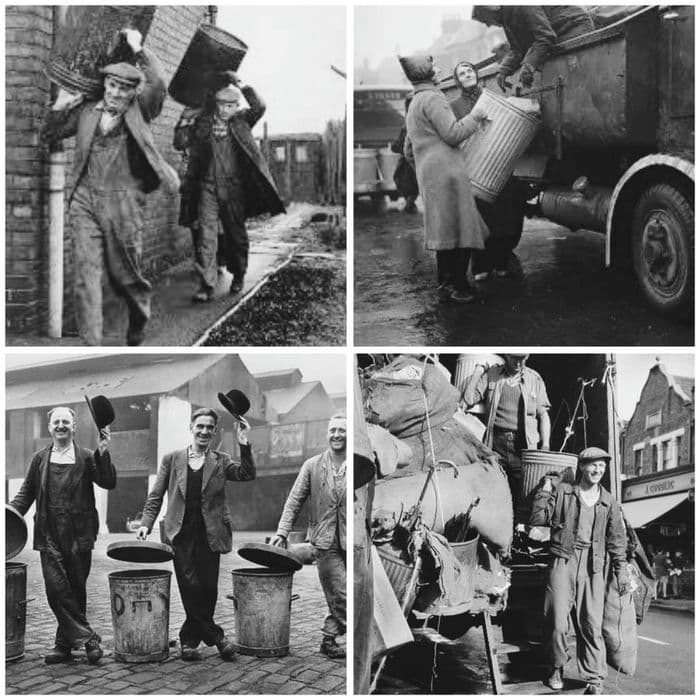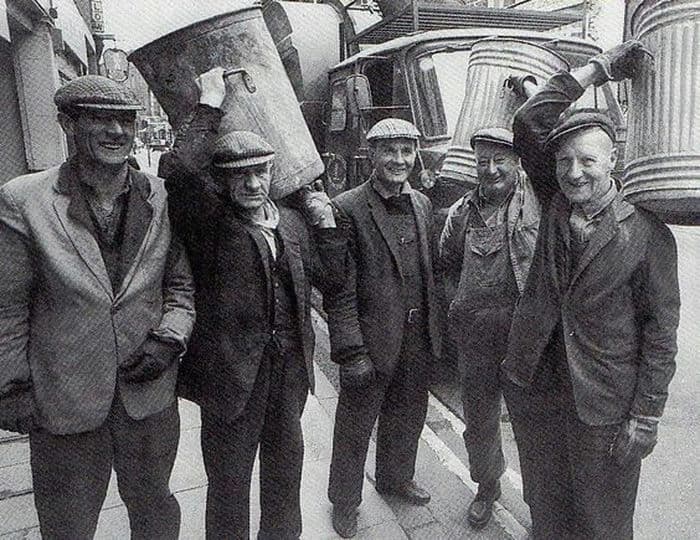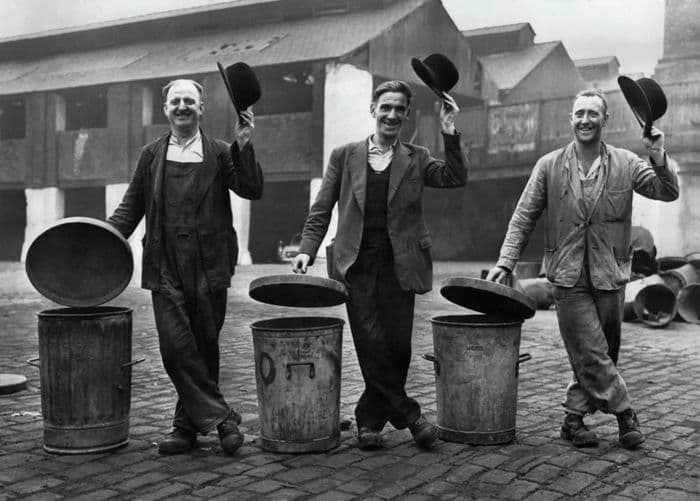In the midst of the swinging sixties, a group of unsung heroes worked tirelessly behind the scenes to keep our cities clean. Garbage collectors, often overlooked and undervalued, played a crucial role in maintaining public health and sanitation. This post will delve into the often-overlooked aspects of this essential profession in the 1960s.

The Daily Grind
- Physical Labor: Before the advent of mechanized garbage trucks, garbage collectors relied heavily on brute strength to lift and empty heavy bins. The job was physically demanding, requiring long hours and exposure to all types of weather.
- Working Conditions: Garbage collectors often faced hazardous working conditions, including exposure to infectious diseases, rodents, and sharp objects. Safety equipment was minimal, and accidents were common.
- Social Stigma: Despite the importance of their work, garbage collectors were often stigmatized and seen as belonging to a lower social class. This stigma can be attributed to the nature of their work, which involved handling waste and unpleasant odors.


The Changing Landscape
- Technological Advancements: The 1960s saw the introduction of more advanced garbage trucks, which made the job less physically demanding. However, these early machines were still far from the sophisticated vehicles used today.
- Environmental Concerns: Growing awareness of environmental issues led to increased attention on waste management. Although recycling programs were still in their infancy, the concept of reducing, reusing, and recycling was beginning to take root.
- Unionization: As working conditions improved and unions gained strength, garbage collectors began to advocate for better pay and benefits.
The garbage collectors of the 1960s were more than just waste removal workers. They were essential to the health and well-being of their communities, and their contributions often went unrecognized. By understanding the challenges and rewards of this profession, we can appreciate the hard work and dedication of those who keep our cities clean.
